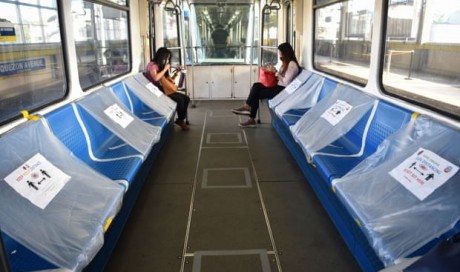Earlier this week Philippine President Rodrigo Duterte made permanent a 3-month-old ban on recruitment from Kuwait. Manila announced the ban after the January death of a household maid working in the Middle Eastern country. The ban will hold until the two countries sign a new agreement on "terms and conditions of employment." the presidential office website says.
Thousands of the 252,000 Filipinos already in Kuwait had returned to the Philippines shortly after the upset in January, perhaps on Duterte's advice.
Language and culture barriers
Younger Filipinos keen to learn Chinese or those who have picked up Cantonese from working in Hong Kong might form a first wave of China-bound OFWs. Cantonese is useful in southern parts of mainland China, although Mandarin is more widely spoken throughout the rest of the country. “Because there are a lot of Filipino teachers working as household helpers in Hong Kong, they might already know the language there,” Araral says.
Those without Mandarin skills and a grasp of Chinese culture might find the work harder. In Taiwan, which is ethnically Chinese, language barriers and lifestyle differences stop many Filipinos from mixing with the Taiwanese.
But workers are likely to brave language and cultural barriers as the labor market remains tough at home. Unemployment was 5.7% last year, continuing to push people offshore for work.
For their part, the Philippines might also accept 3.9 million Chinese or other foreign workers for domestic infrastructure construction projects. The projects fall under Duterte’s $169 billion infrastructure expansion drive. It’s unclear whether China wants those people hired to reciprocate for opening its borders to Filipino workers, but an influx of foreign labor would take coveted local jobs away from Filipinos, University of the Philippines Diliman political science professor Maria Ela Atienza says.
“It will not be very popular, because our unemployment and underemployment in the Philippines are very high,” she says. “That’s why people risk working abroad even if there are risks abroad.”
Share This Post














